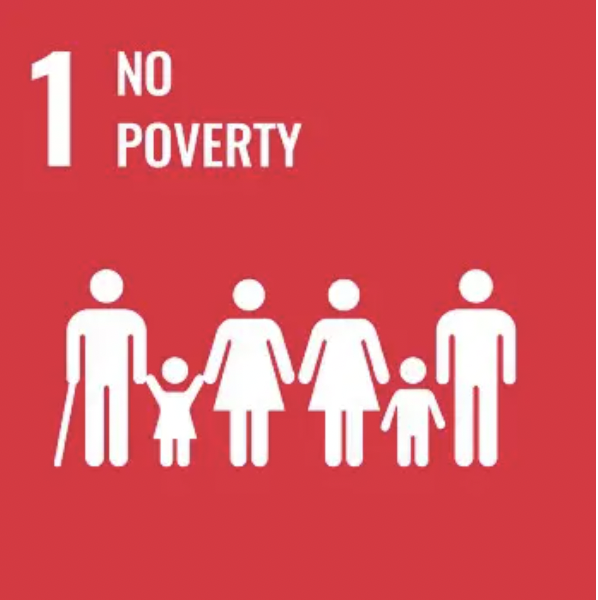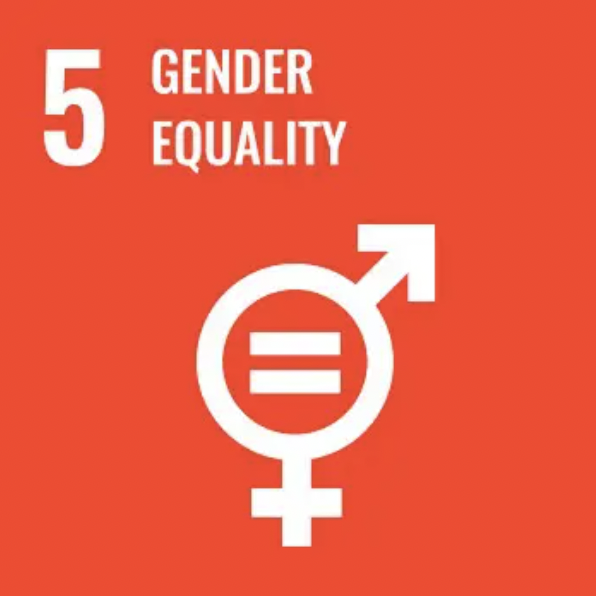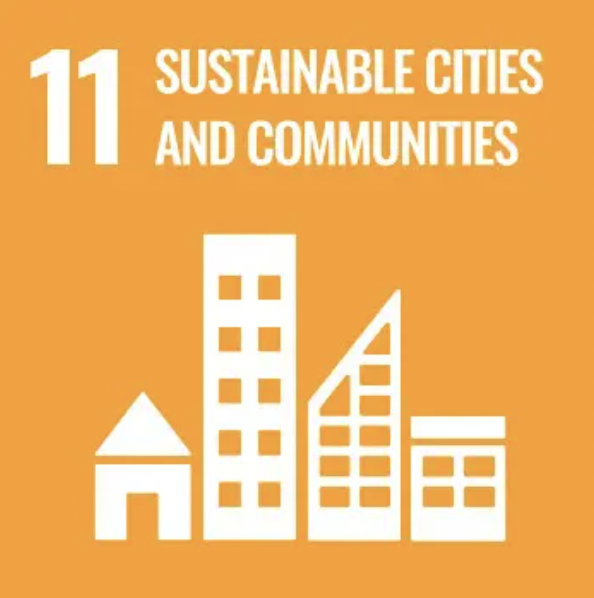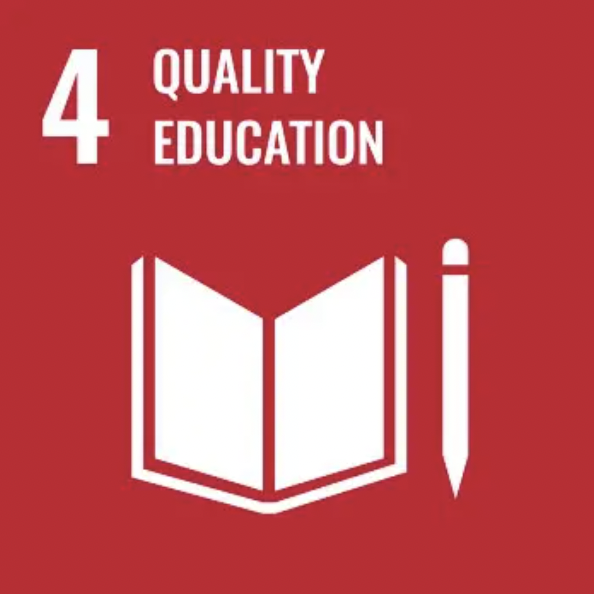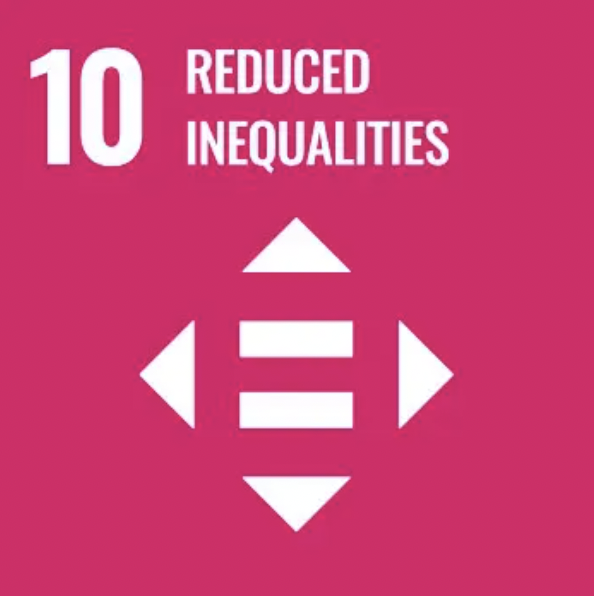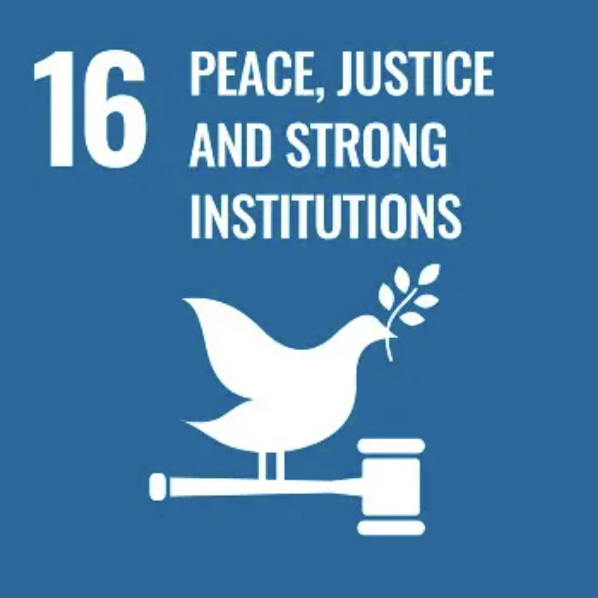G1 – Anthropocene, Sustainability and Development
COORDINATION:
CÉLIA FERREIRA, CRISTINA VIEIRA, JORGE TRINDADE
The Group’s general objective — by reflecting on how we relate to the “other” (be it human, animal or nature), the type of social development we advocate and the reasons and consequences of the environmental crisis — is the scientific production that allows us to respond to the social, environmental and organizational challenges in the context of the Anthropocene and globalization, as embodied in four axes: critical reflection on the meaning and narratives of development and sustainability; analysis of global and local changes; personal transformations (inner changes); policies and implementation of sustainable development.
We aim to give visibility to questions that lie at the heart of humanity’s current crossroads, namely what does it mean to live in the “age of humans”? How do we relate to the environment on a global and local scale? How do we organize ourselves to care for the common good and build social and climate cohesion and justice? How do we intersect the plurality of narratives about well-being, sustainability and development with more institutional global discourses, such as the Sustainable Development Goals? How do we implement these goals while taking into account the diversity of social, cultural and political perspectives and contexts? What actors, actions and tools do we need to mobilize in order to establish a new social-ecological contract? How can the environmental, social and human sciences inform our understanding of these challenges and help us meet them?
Through transdisciplinary scientific research, we seek to contribute to scientific advancement that spills over into teaching and research replication; decision-making in policy contexts at national and local levels; fostering discussion, public participation and co-creation of knowledge, and to raising awareness of and contributing to intra- and intergenerational sustainability.
Group:
Researchers
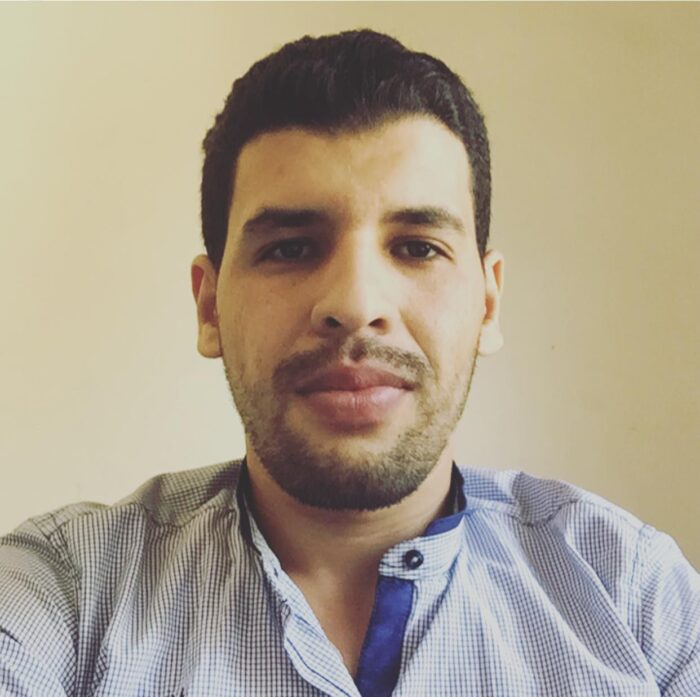 Abdellah Khouz
Abdellah Khouz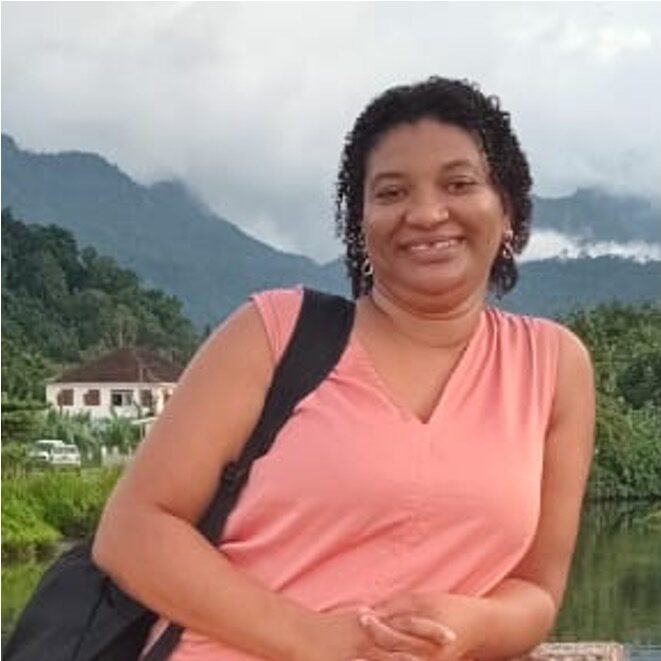 Alzira Garcês Pereira
Alzira Garcês Pereira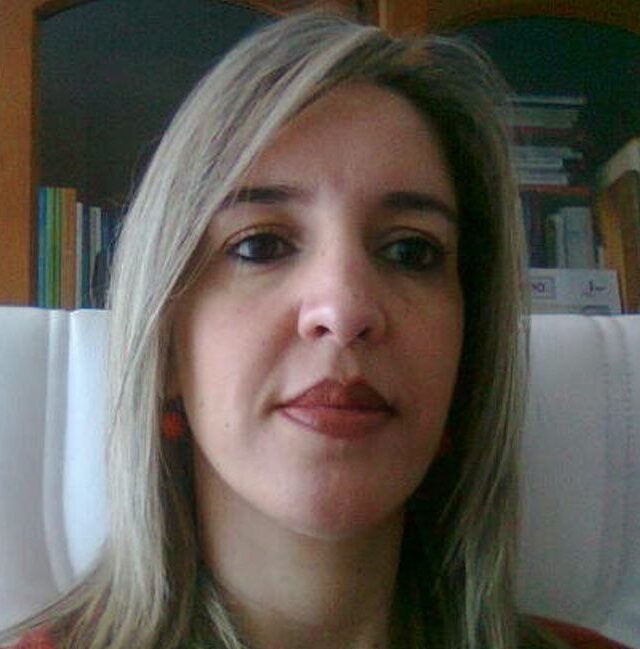 Ana Luísa Silva
Ana Luísa Silva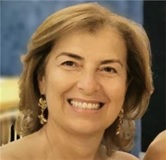 Ana Paula Cordeiro
Ana Paula Cordeiro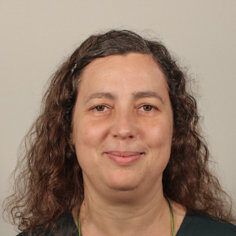 Ana Paula Martinho
Ana Paula Martinho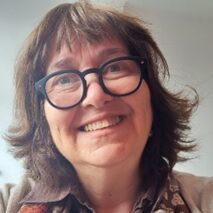 Ana Paula Vaz Fernandes
Ana Paula Vaz Fernandes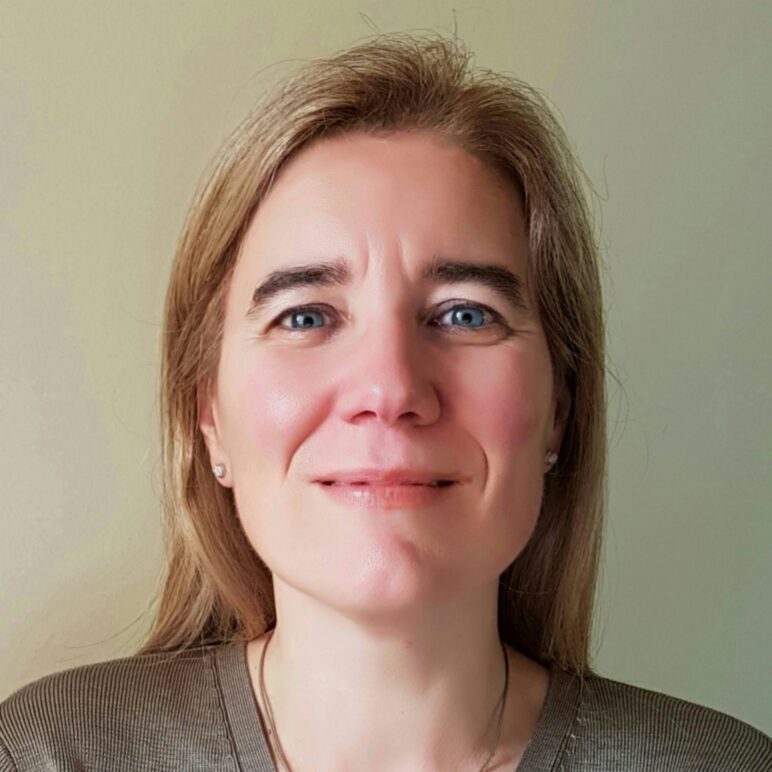 Ana Pinto de Moura
Ana Pinto de Moura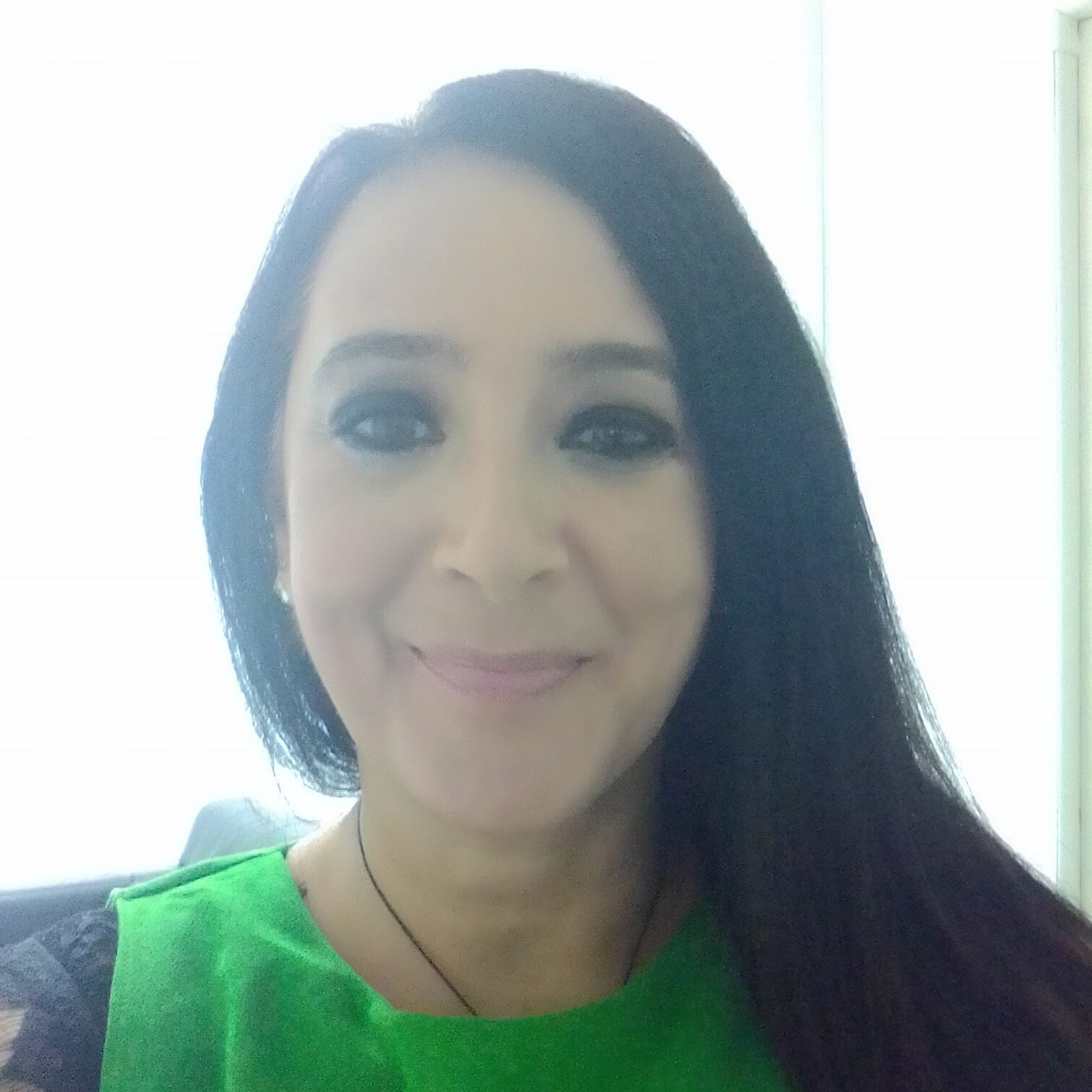 Ana Sofia Mota
Ana Sofia Mota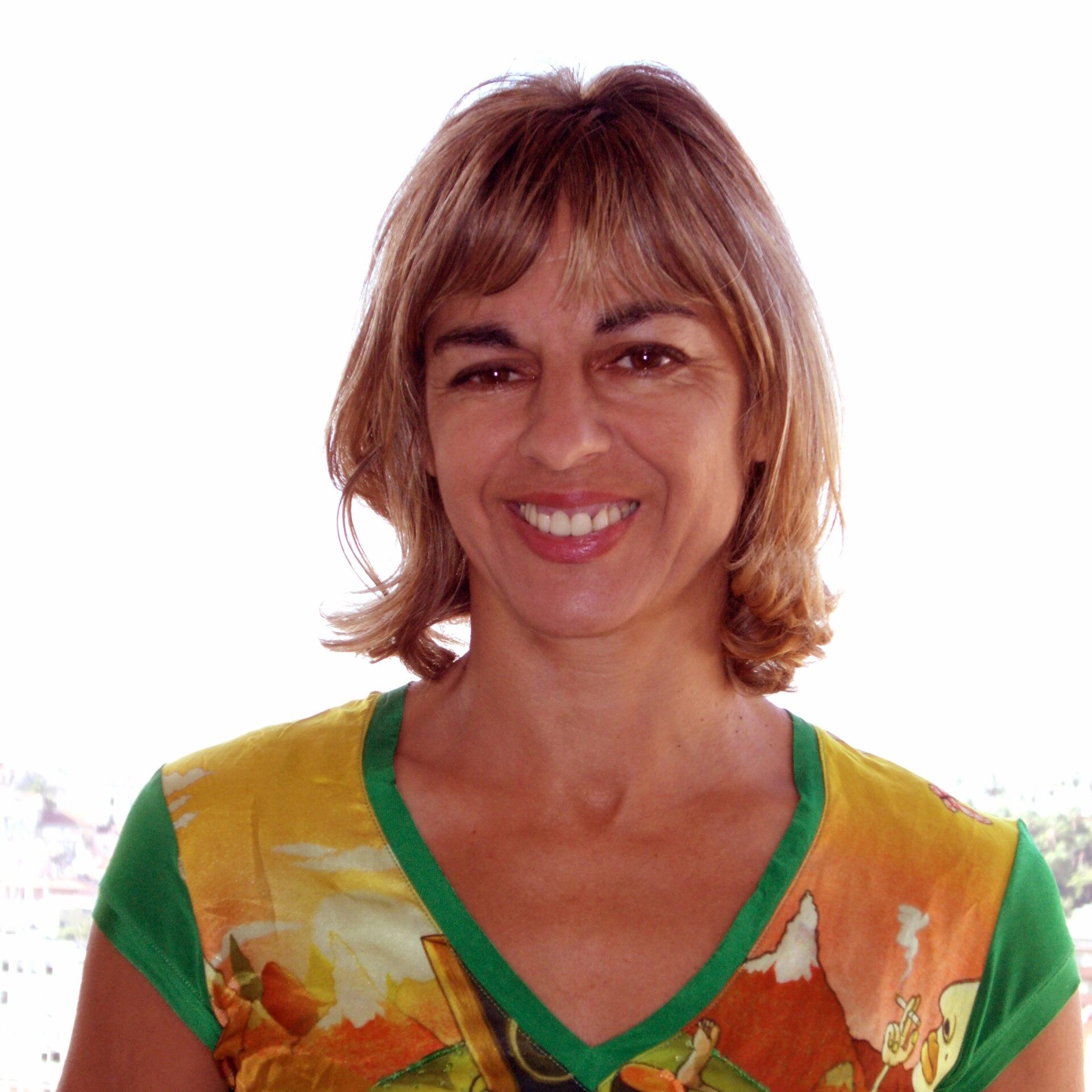 Anabela Galhardo Couto
Anabela Galhardo Couto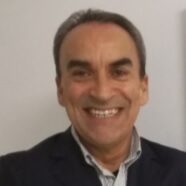 Arnaldo Santos
Arnaldo Santos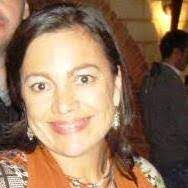 Bárbara Backström
Bárbara Backström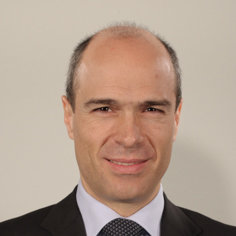 Carlos Rafael Branco
Carlos Rafael Branco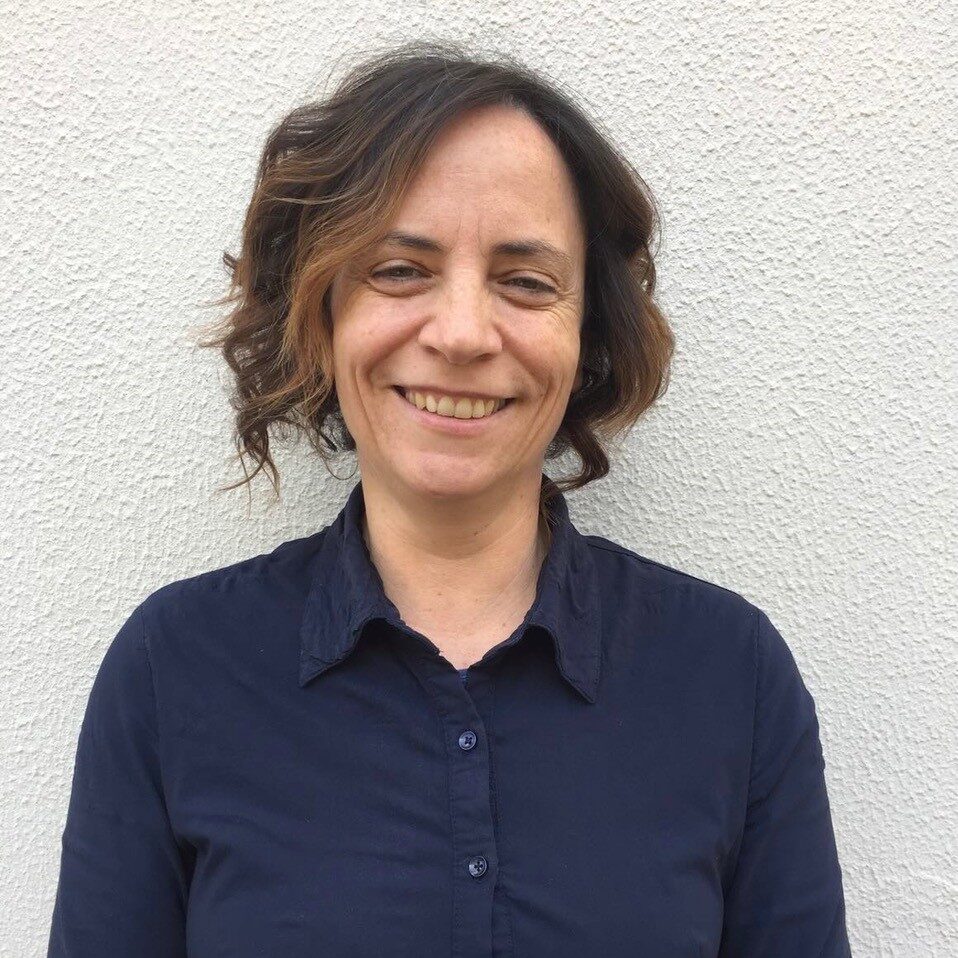 Célia Ferreira
Célia Ferreira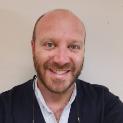 Celso Manuel dos Reis Lopes
Celso Manuel dos Reis Lopes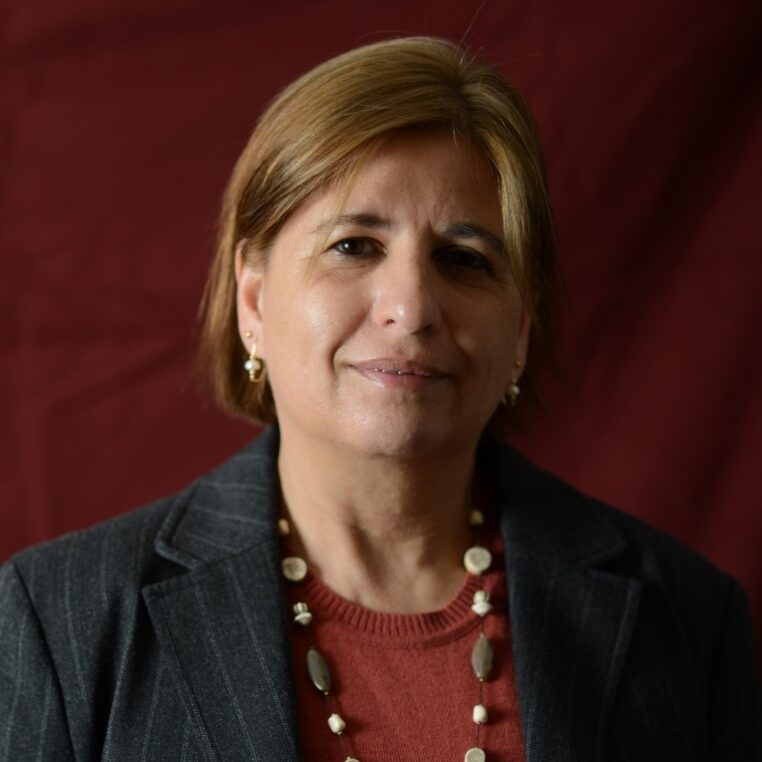 Clara Cabral
Clara Cabral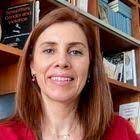 Cristina Vieira
Cristina Vieira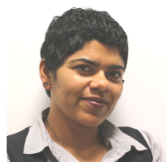 Elis Ossmane
Elis Ossmane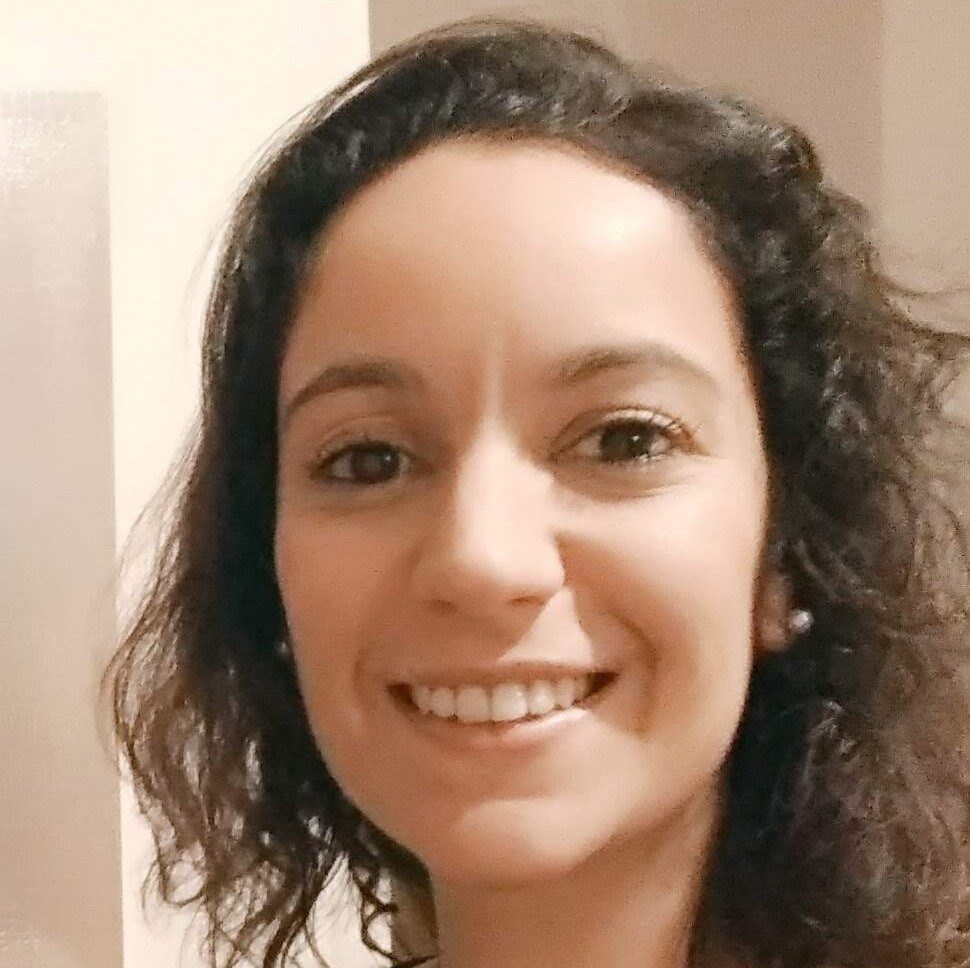 Emanuela Monteiro
Emanuela Monteiro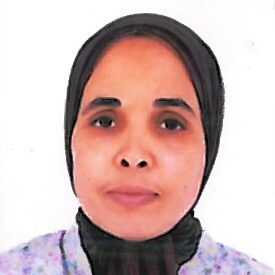 Fatima El Bchari
Fatima El Bchari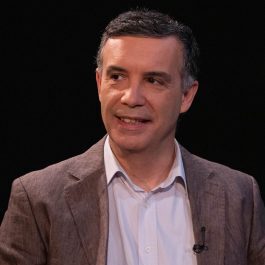 Fernando Caetano
Fernando Caetano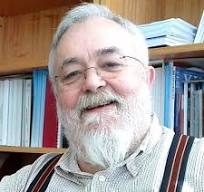 Hermano Carmo
Hermano Carmo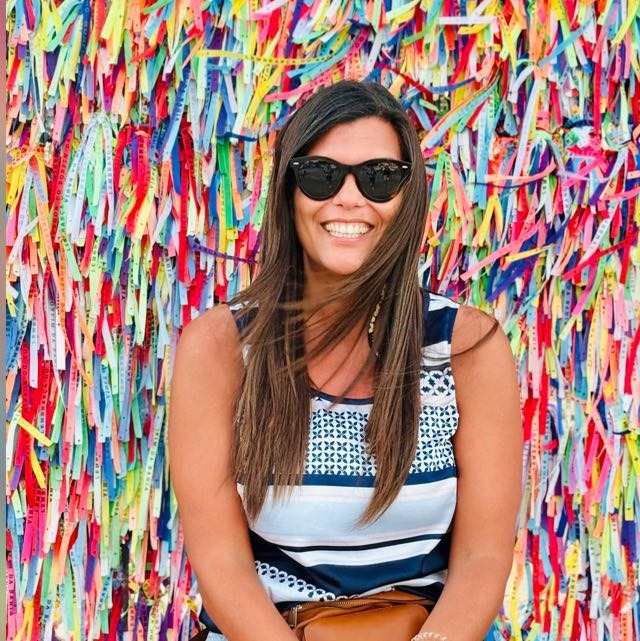 Isabel Silva Fernandes
Isabel Silva Fernandes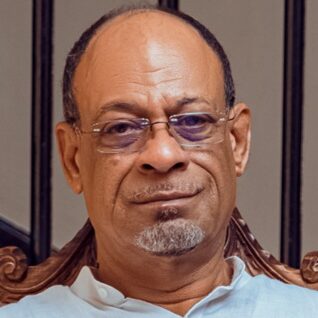 João Carrilho
João Carrilho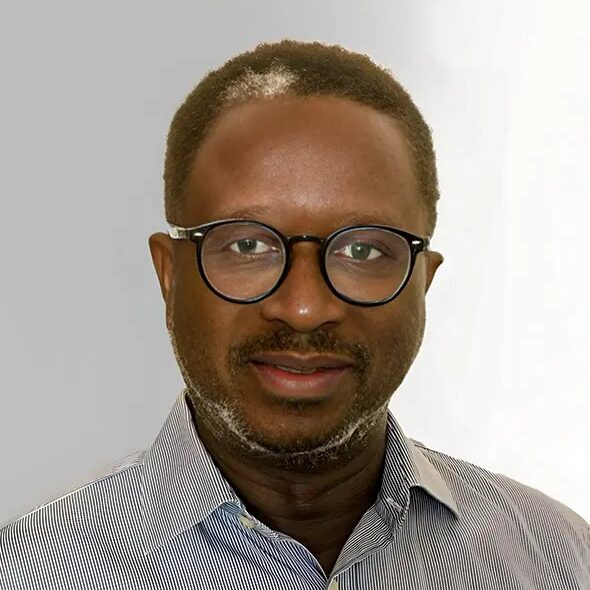 João Conduto Júnior
João Conduto Júnior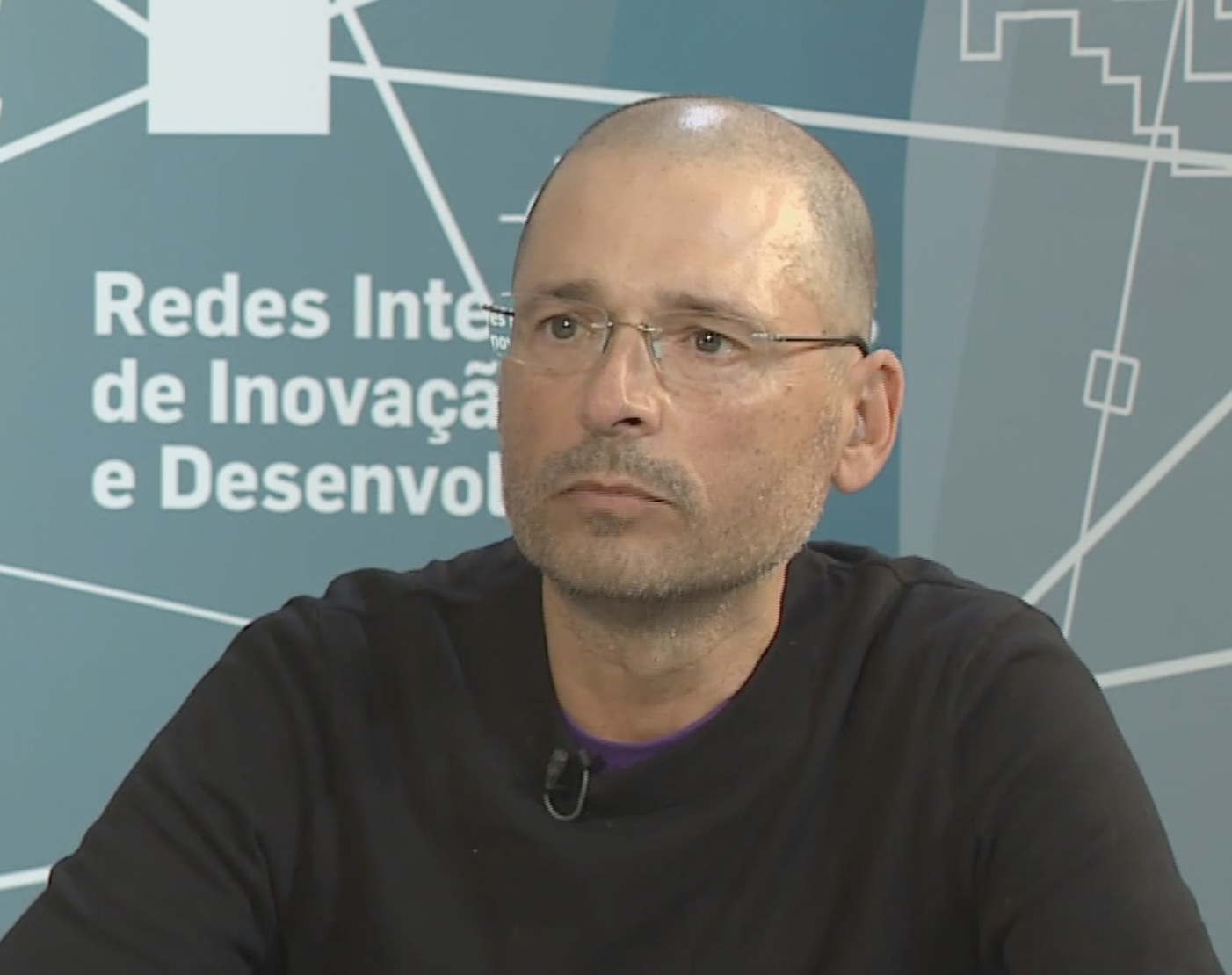 João Simão
João Simão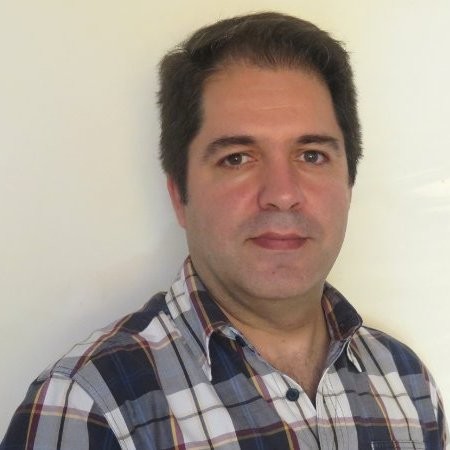 Jorge Trindade
Jorge Trindade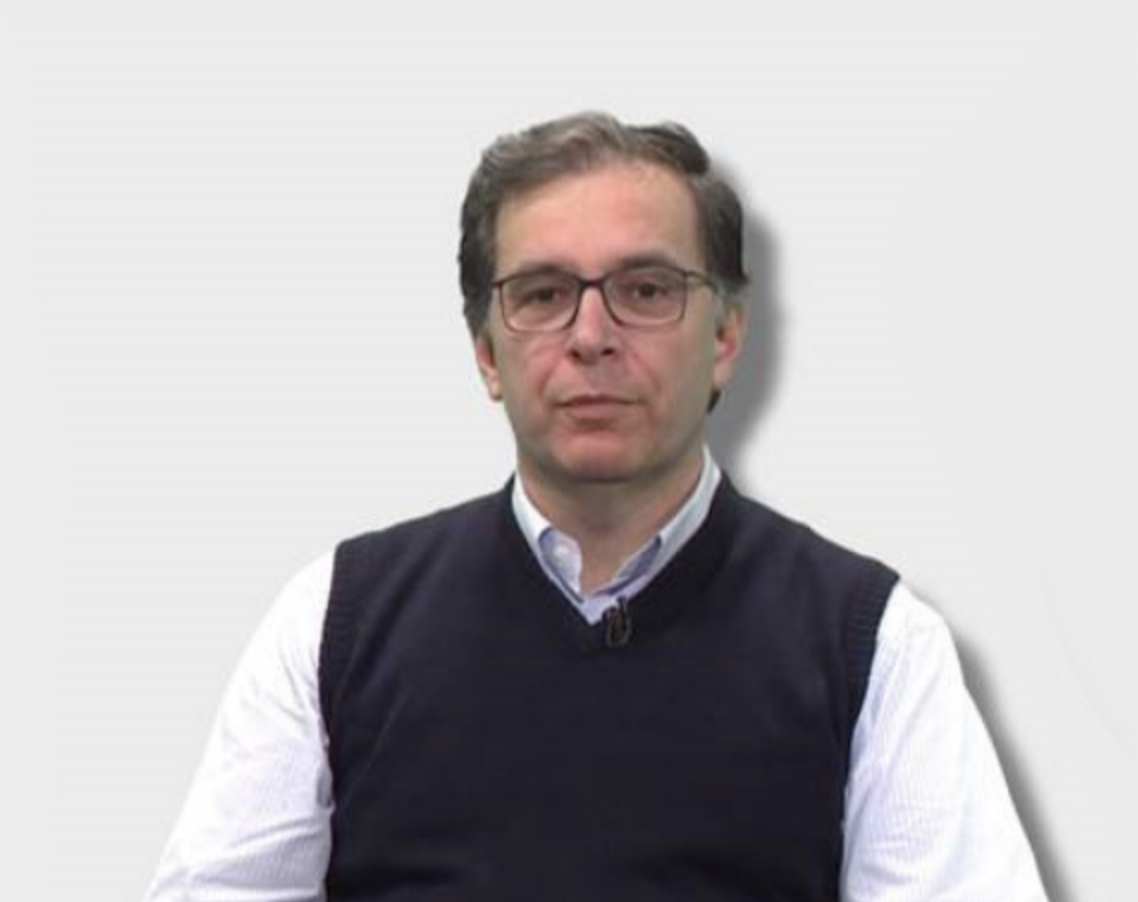 José Henrique Pereira São Mamede
José Henrique Pereira São Mamede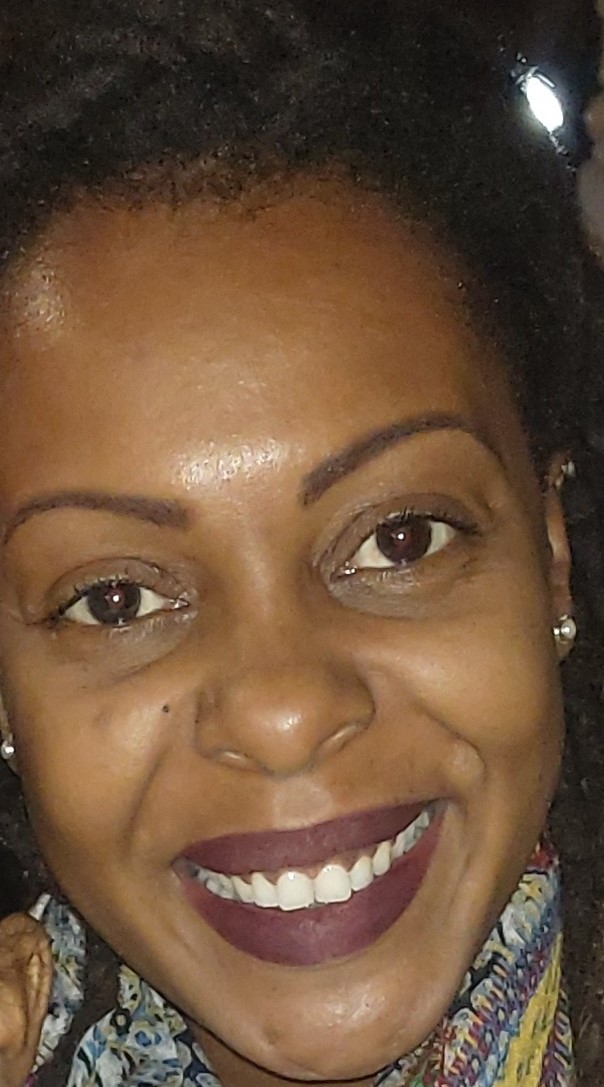 Kátia Regina Assunção
Kátia Regina Assunção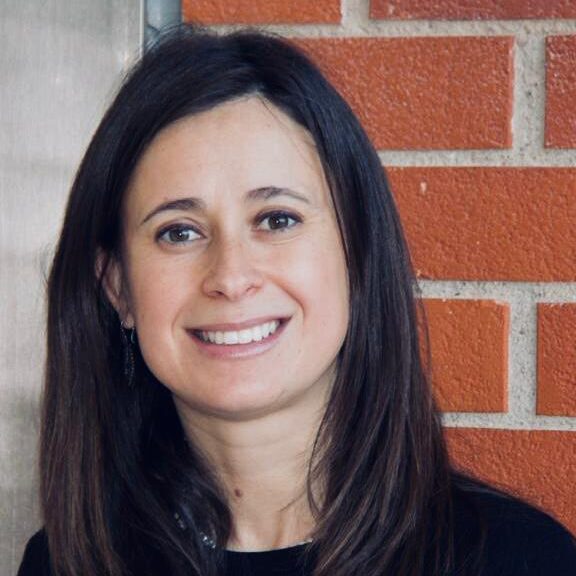 Leonor Andreia da Silva Ribeiro
Leonor Andreia da Silva Ribeiro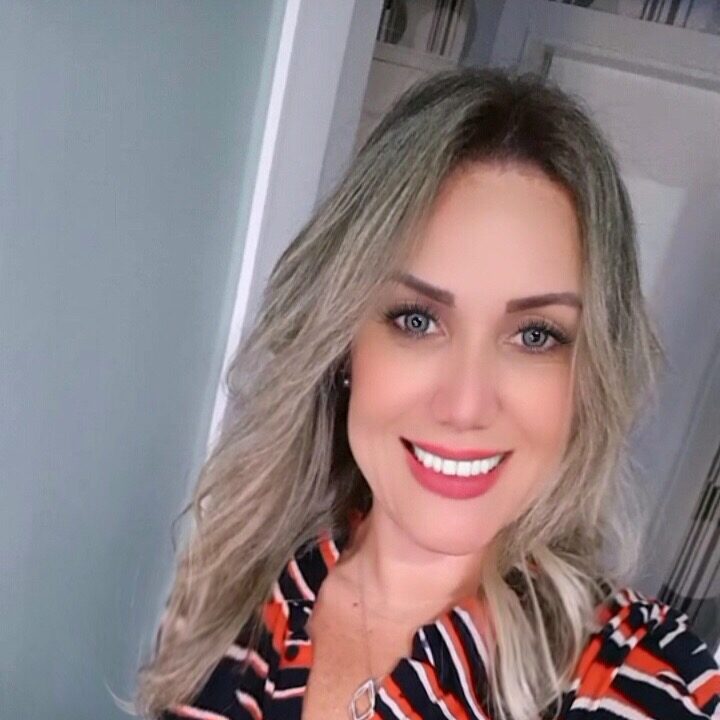 Luana Flávia Oliveira
Luana Flávia Oliveira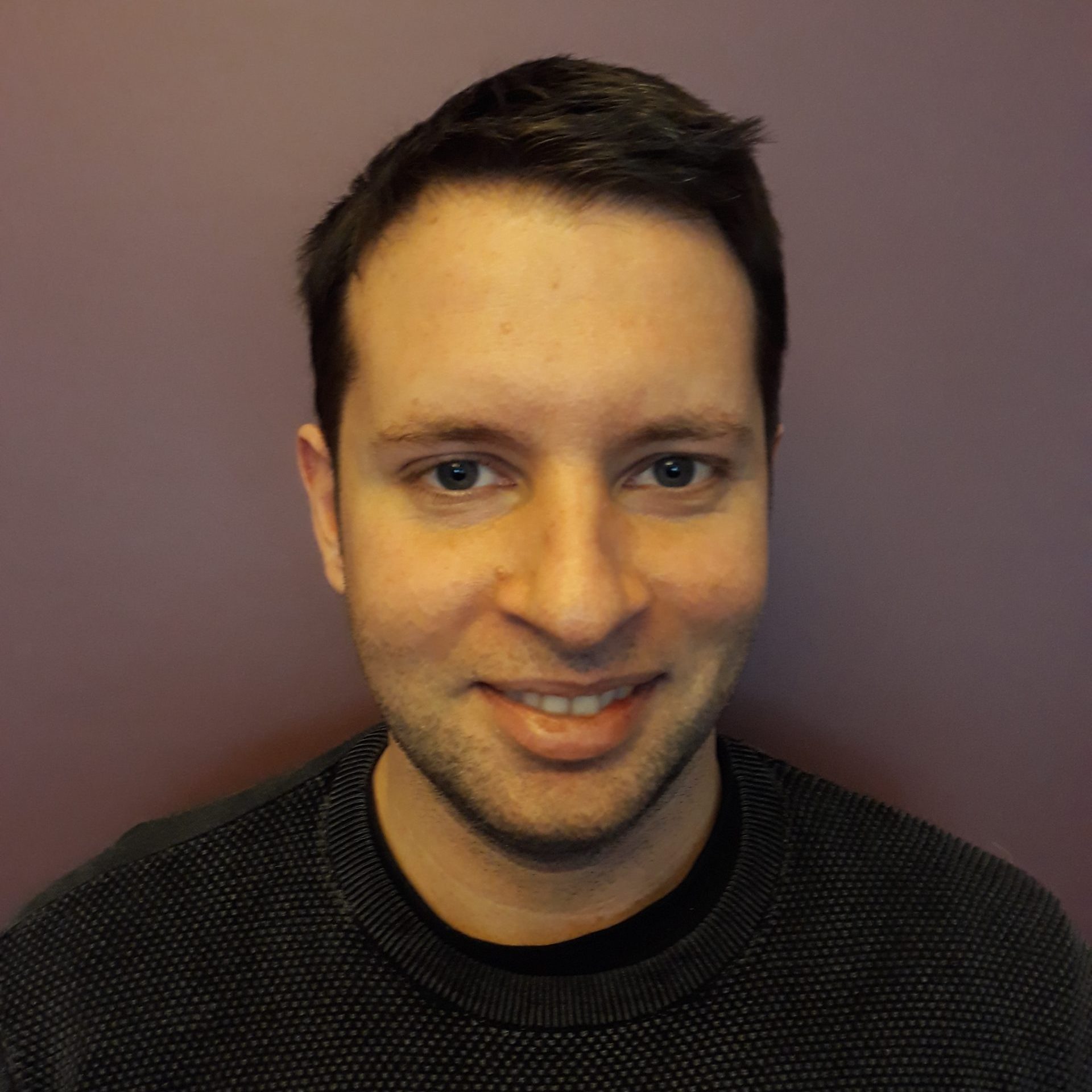 Luca Onesti
Luca Onesti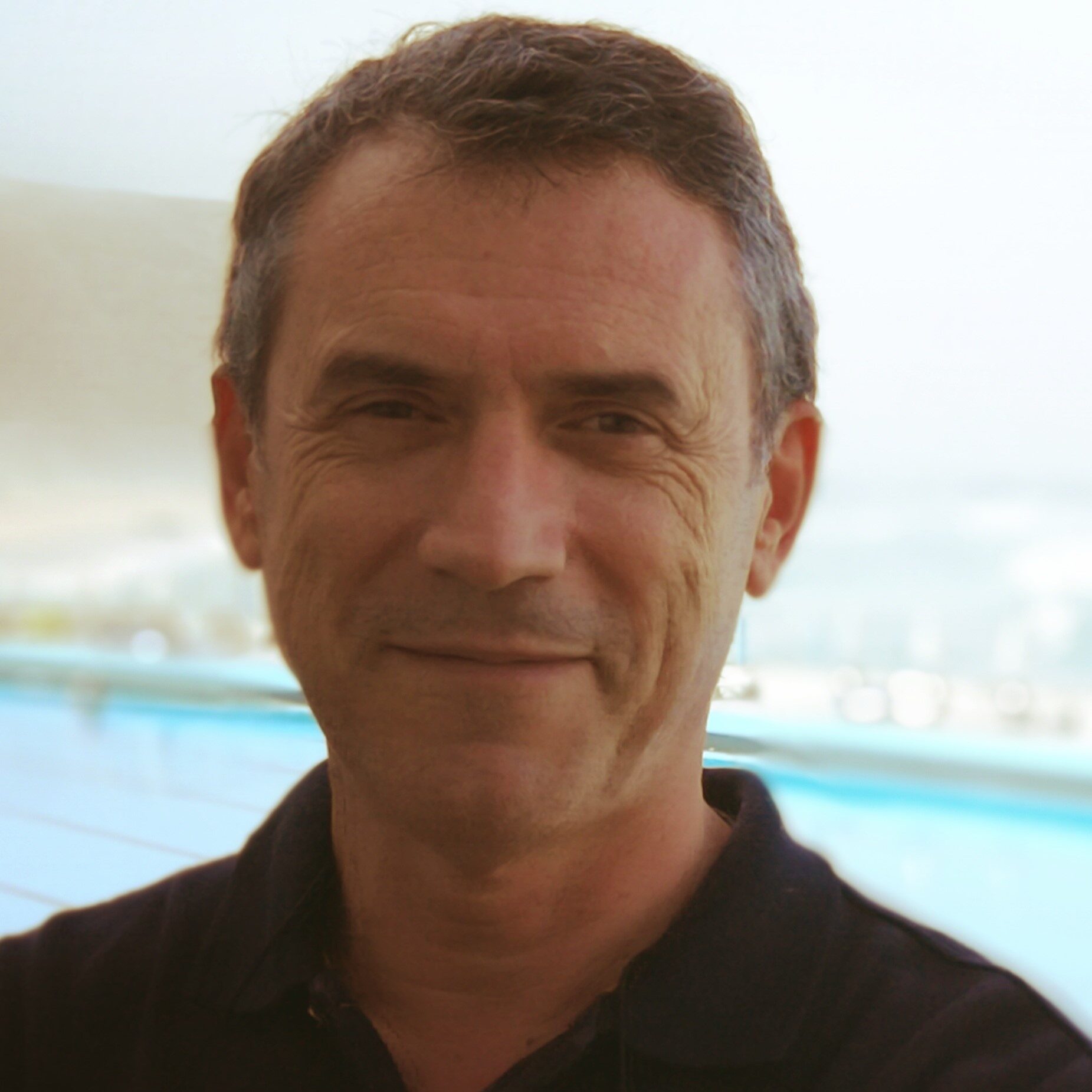 Lúcio Sousa
Lúcio Sousa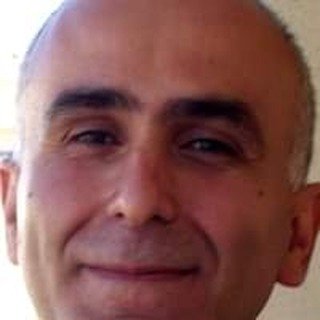 Luís Ciríaco Pinheiro
Luís Ciríaco Pinheiro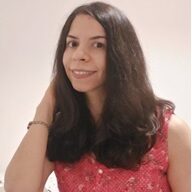 Mahsa Mapar
Mahsa Mapar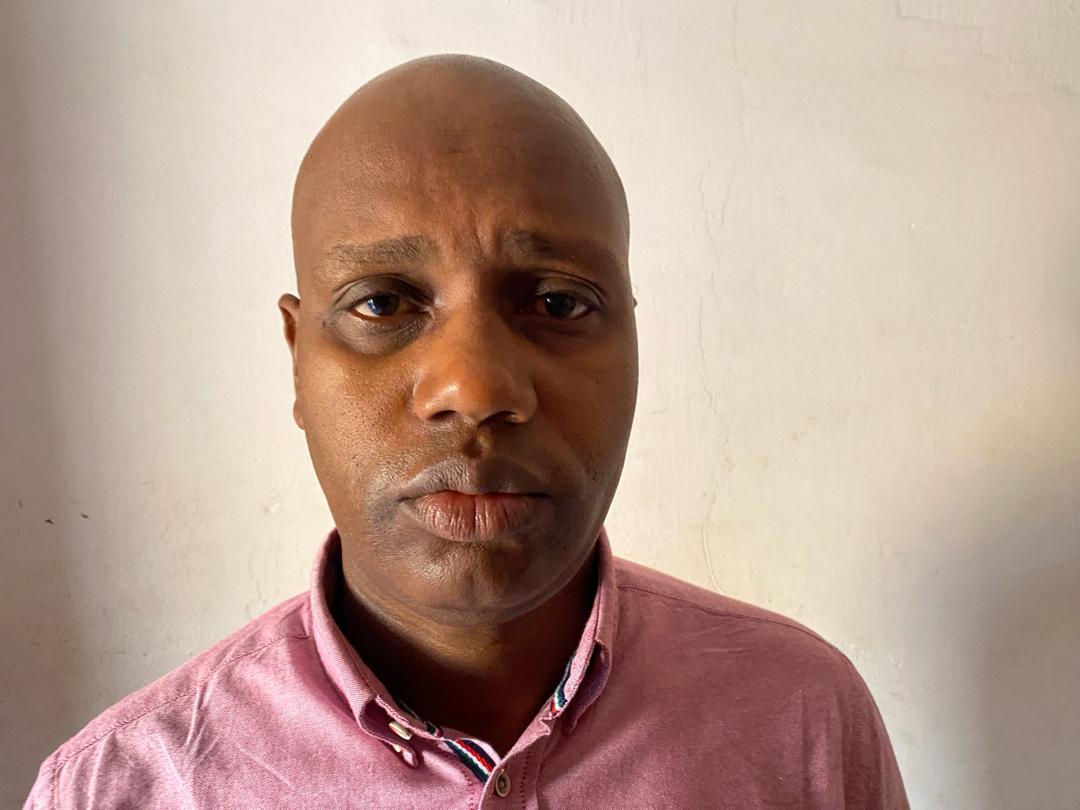 Mamadu udi Bá
Mamadu udi Bá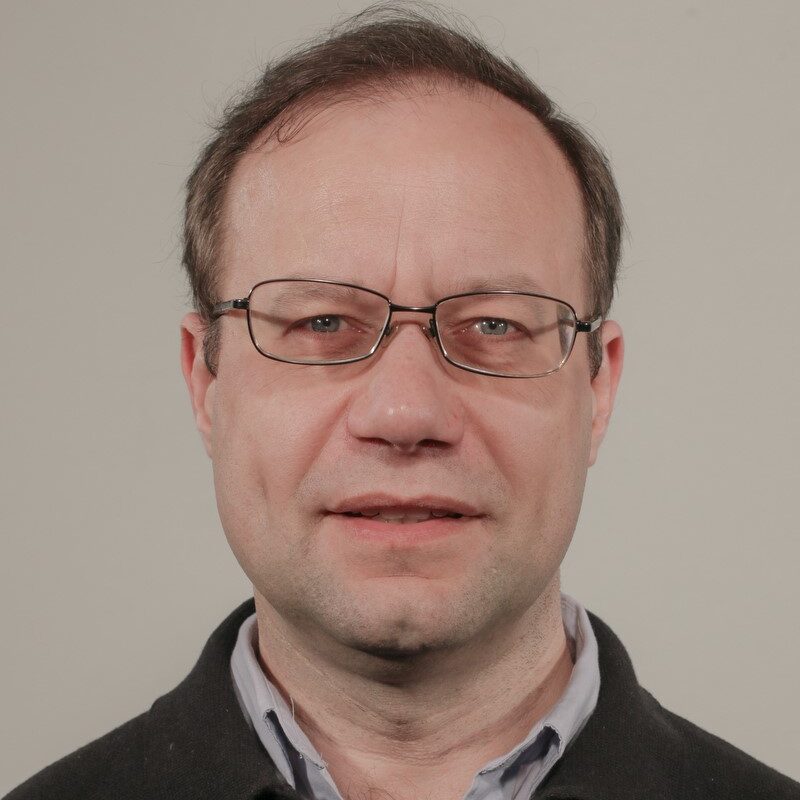 Marc Jacquinet
Marc Jacquinet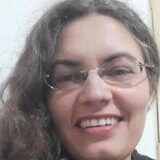 Maria da Glória Salgado Gonçalves
Maria da Glória Salgado Gonçalves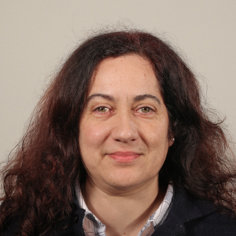 Maria do Rosário Ramos
Maria do Rosário Ramos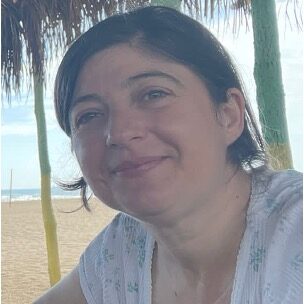 Maria Luísa Soares da Silva
Maria Luísa Soares da Silva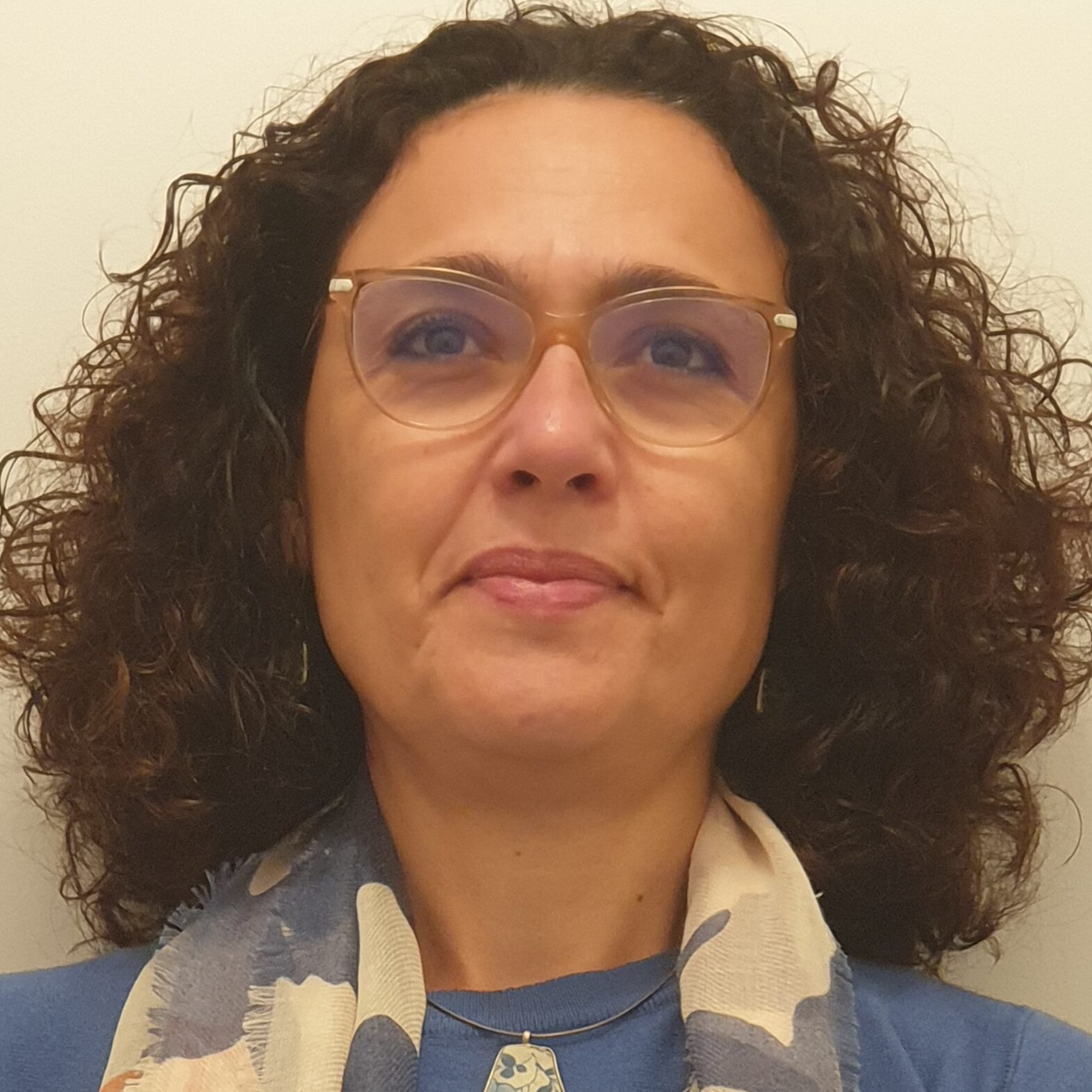 Marisa Balas
Marisa Balas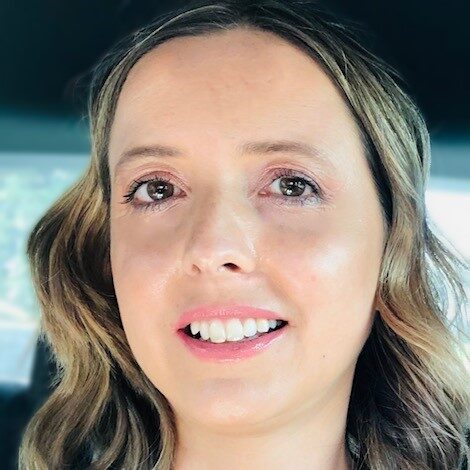 Oscarina Martins
Oscarina Martins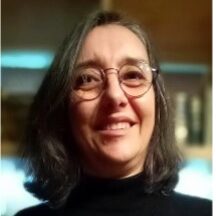 Paula Cristina Gonçalves Romba
Paula Cristina Gonçalves Romba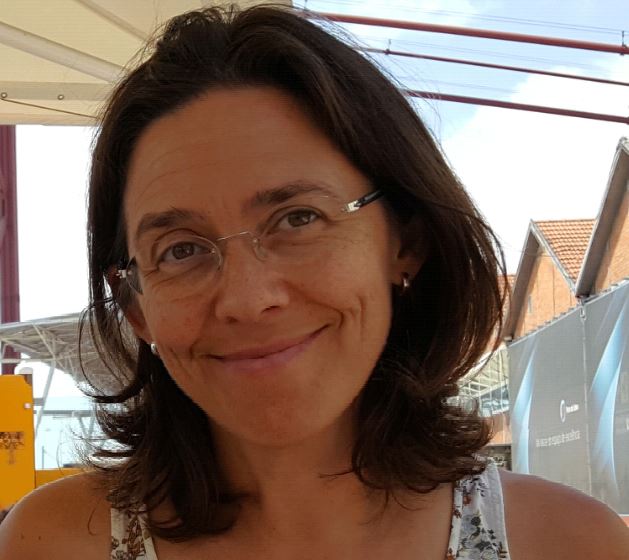 Paula Nicolau
Paula Nicolau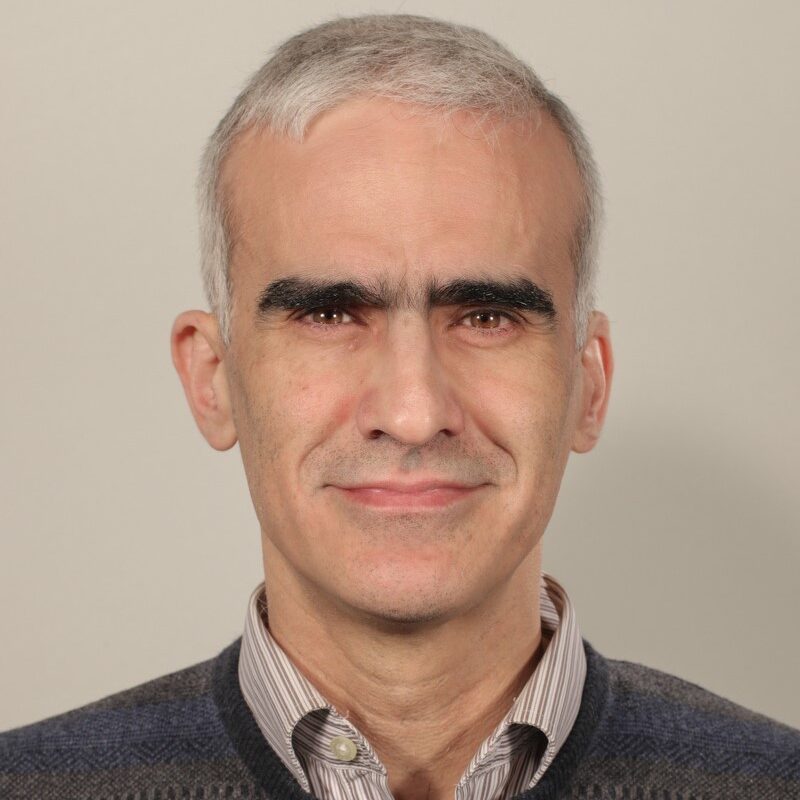 Pedro Pereira
Pedro Pereira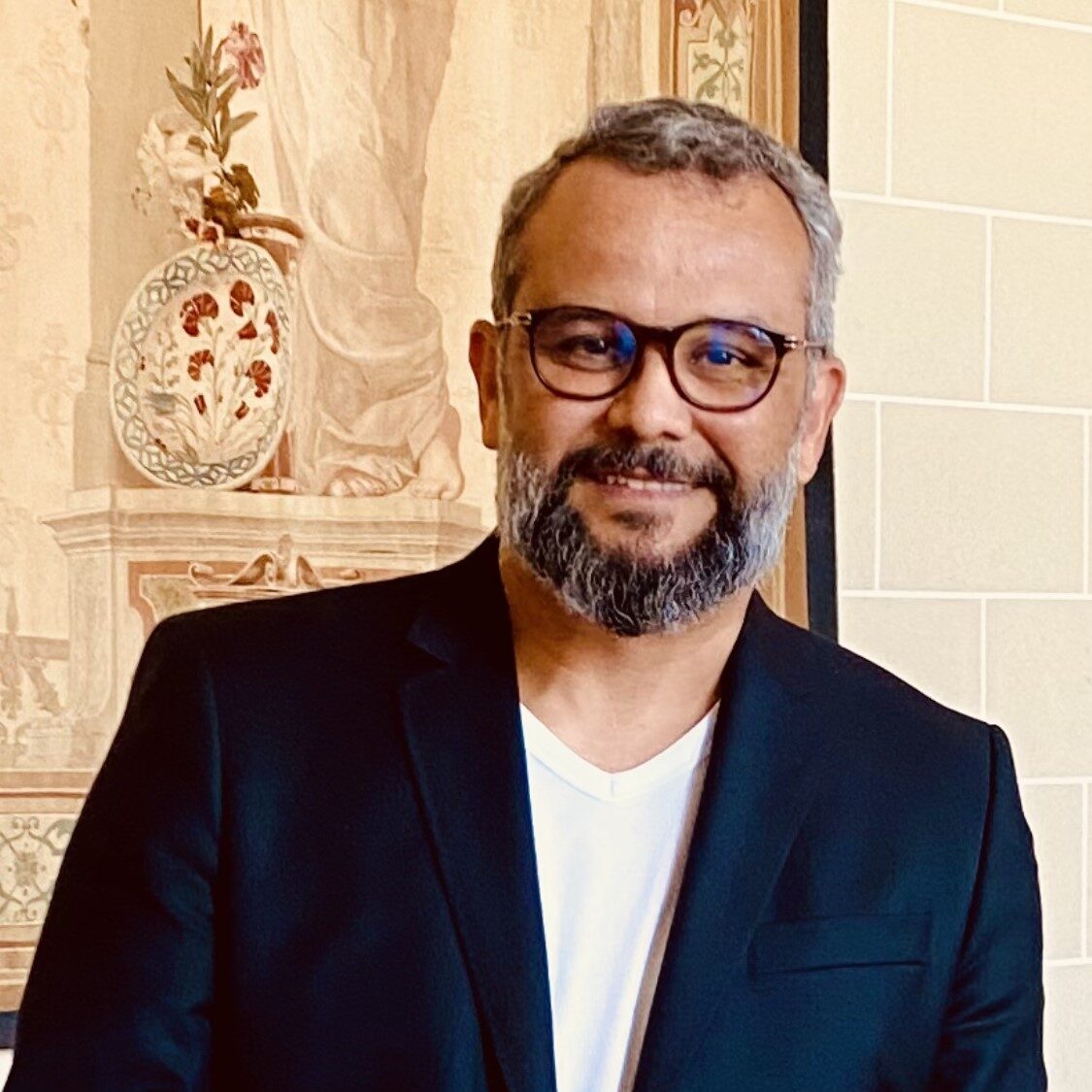 Ricardo Valentim
Ricardo Valentim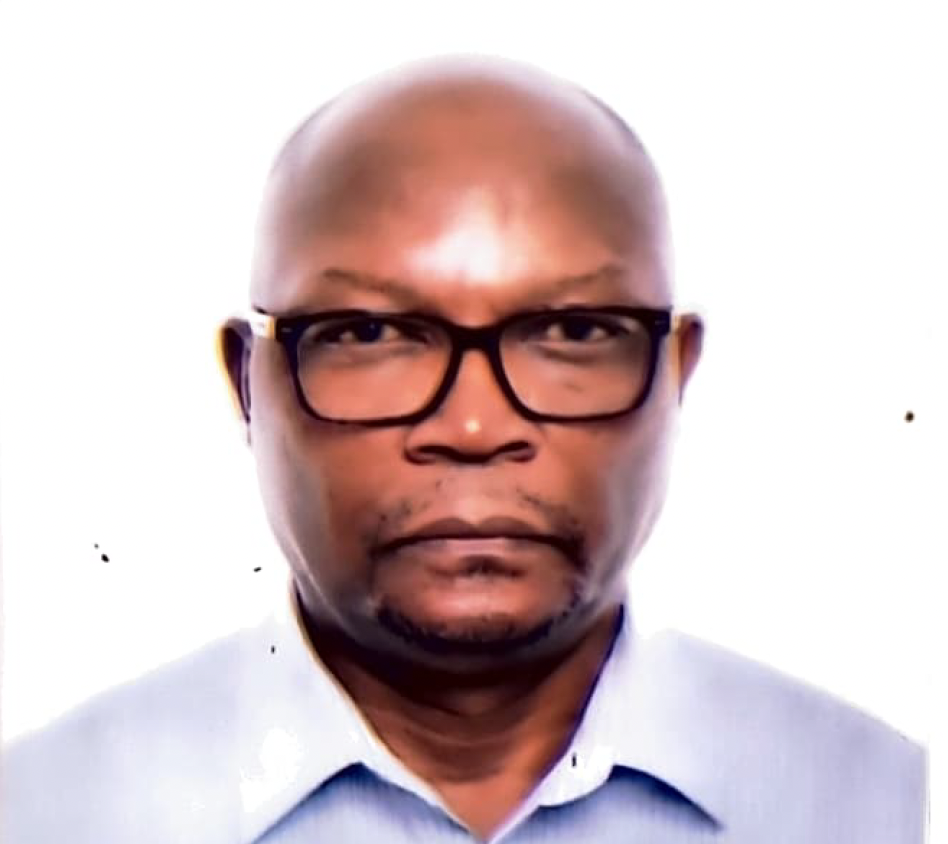 Rogerio Cossa
Rogerio Cossa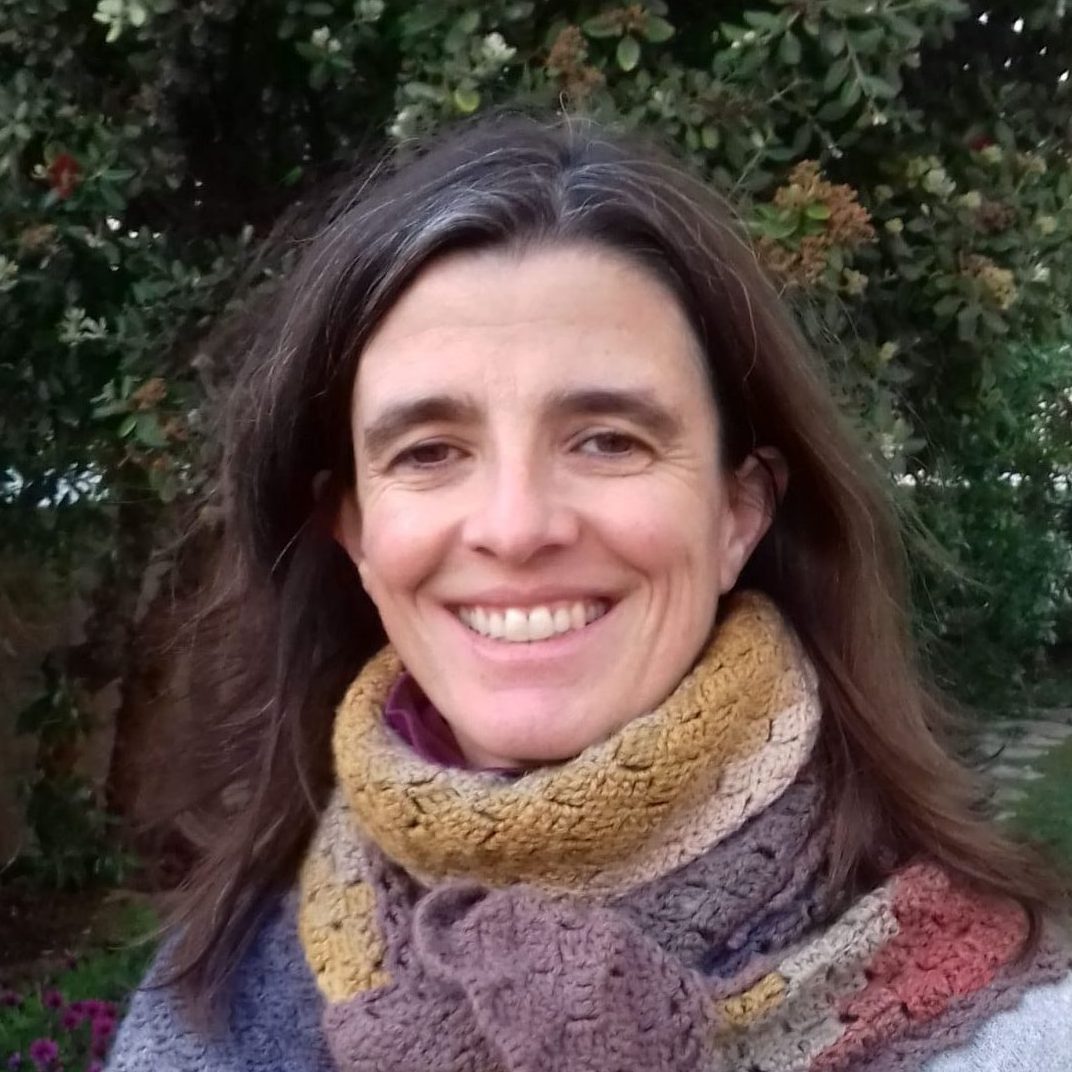 Rosana Albuquerque
Rosana Albuquerque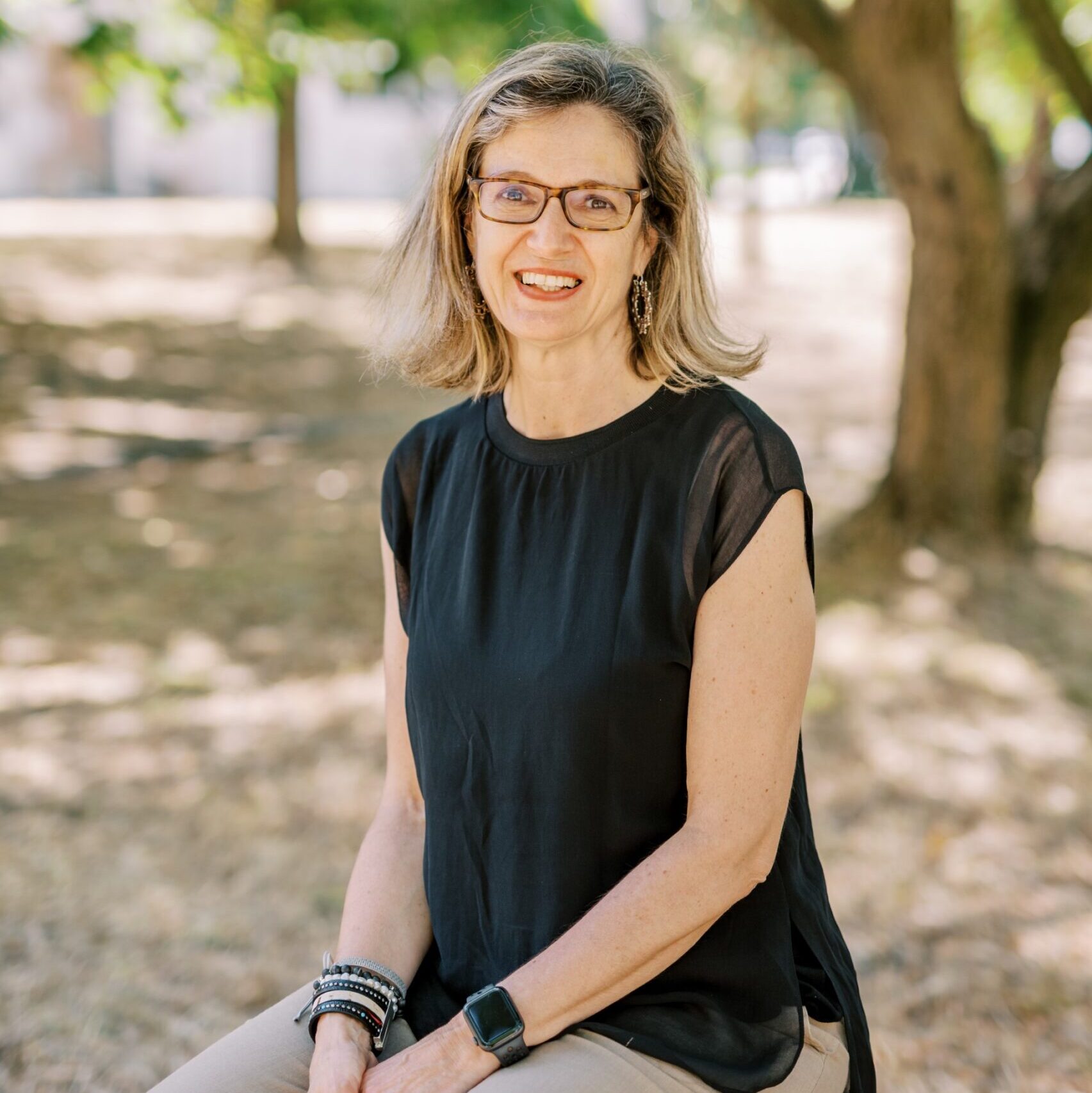 Sandra Caeiro
Sandra Caeiro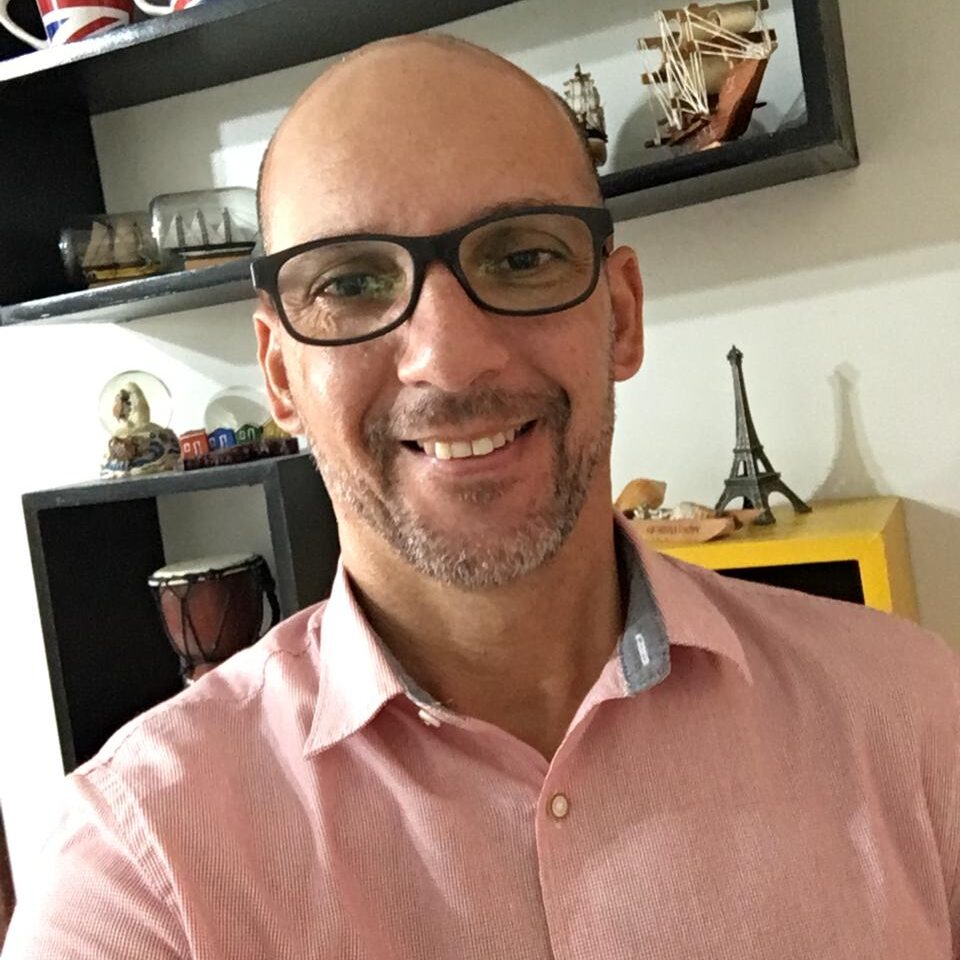 Sávio Augusto Magaldi
Sávio Augusto Magaldi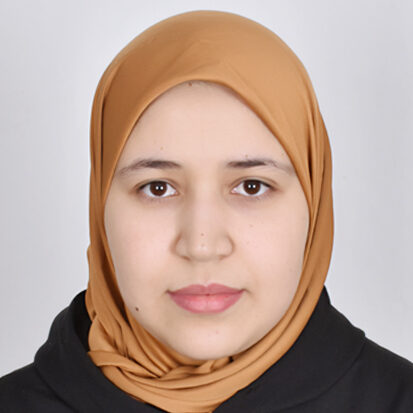 Siham Afraou
Siham Afraou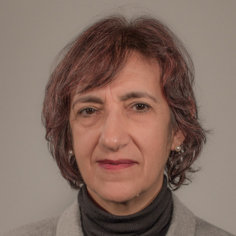 Teresa Joaquim
Teresa Joaquim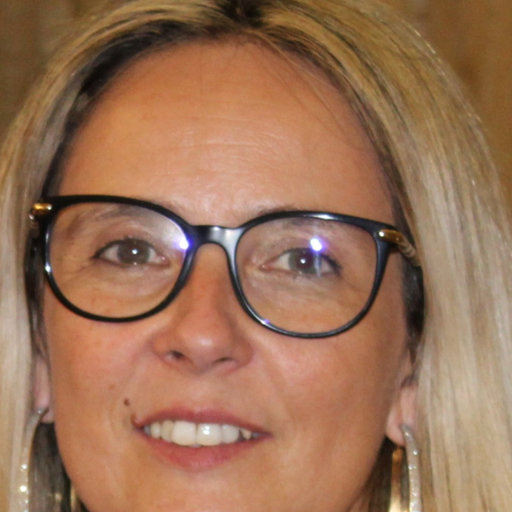 Vanda Marisa Marques
Vanda Marisa Marques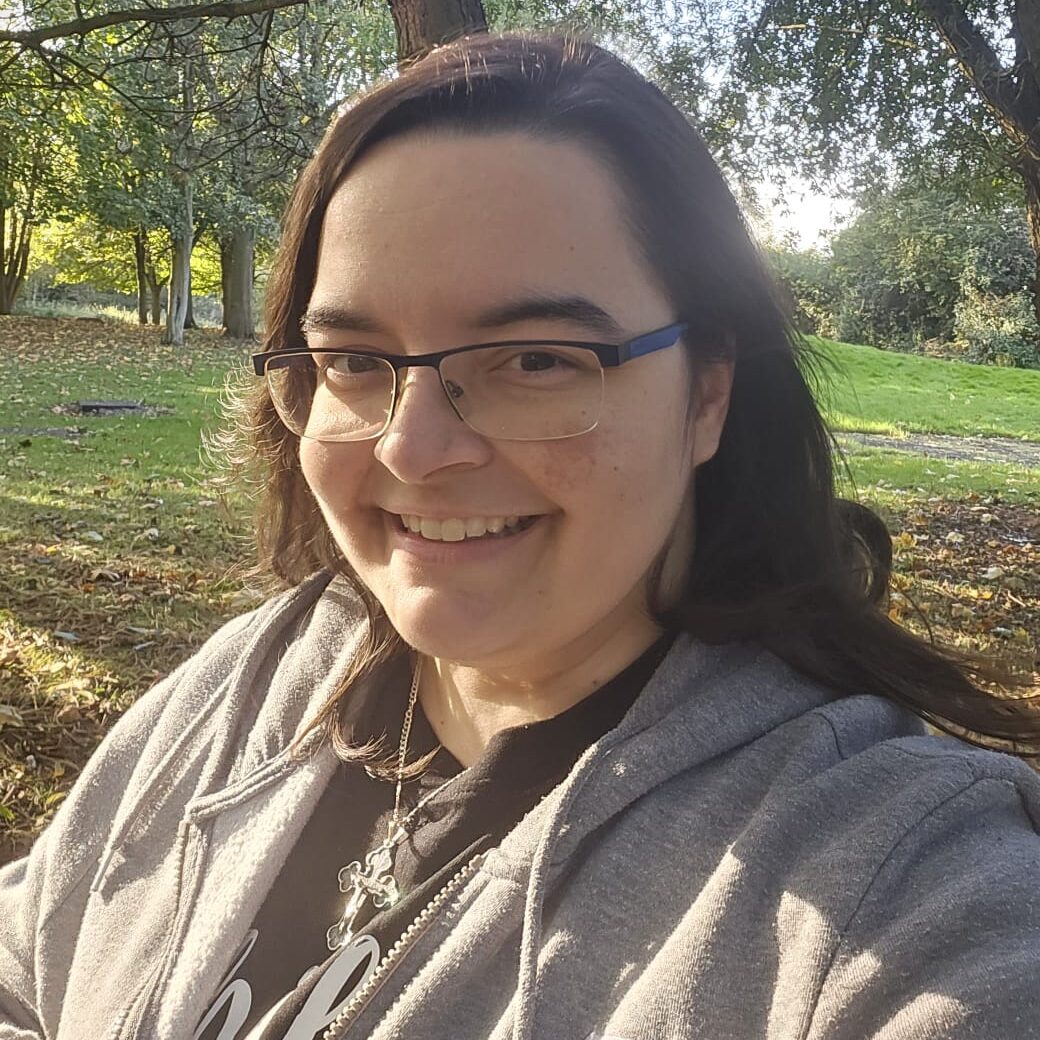 Vera Ganhão
Vera Ganhão
